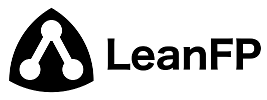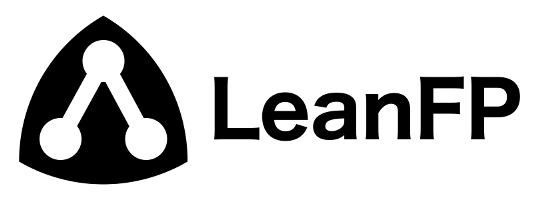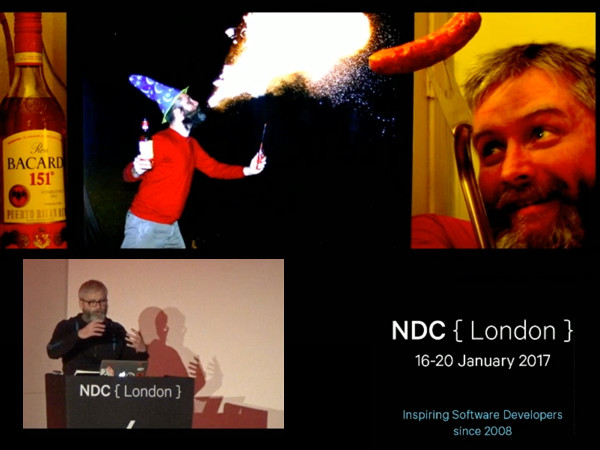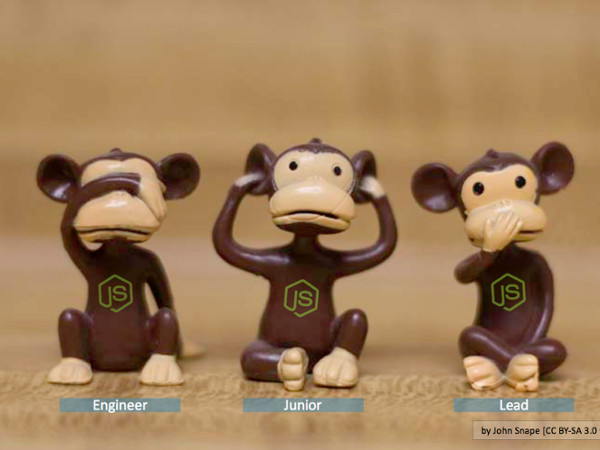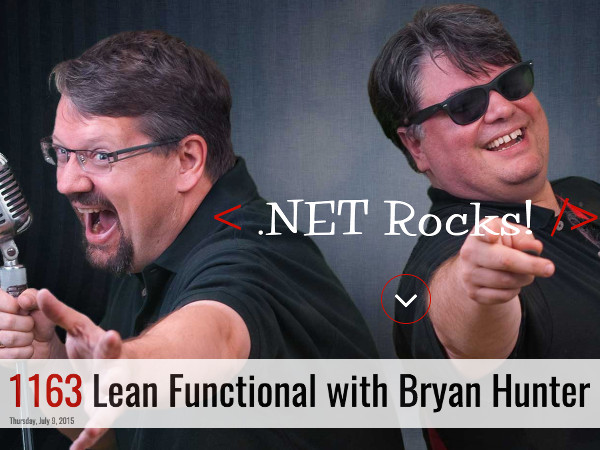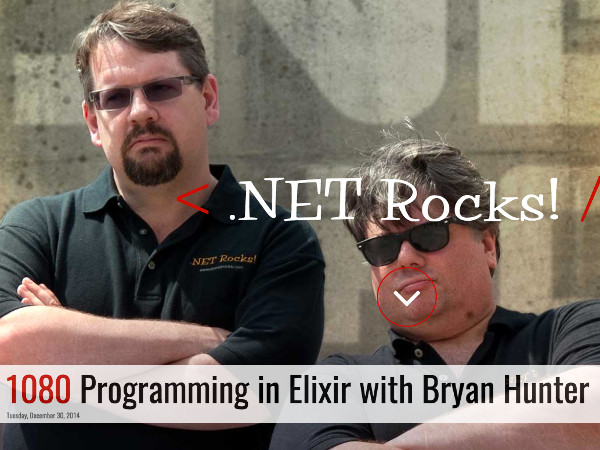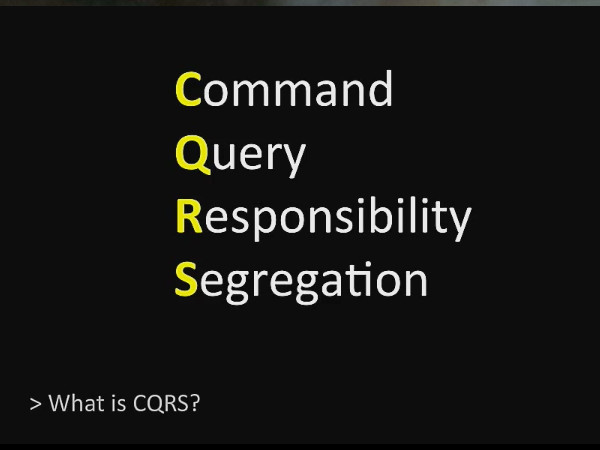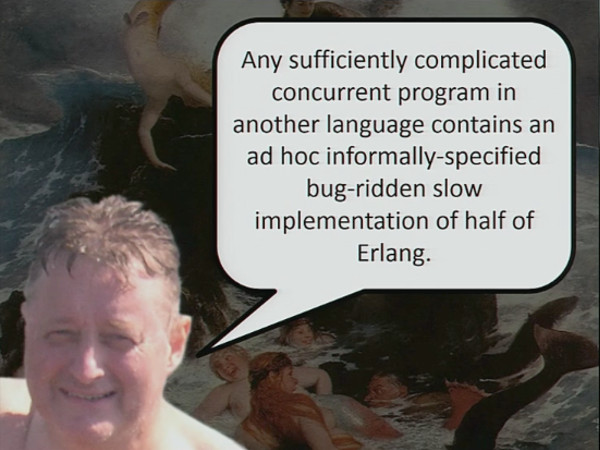Pipe forward |> Using Elixir and F# together
NDC London 2017 - January 2017Elixir and F# are two languages that are loved by their users (and for good reasons). Both are functional. Both are expressive. Both are growing up as the smarter, cooler, prettier younger sibling in their families. Both share the elegant pipe operator "|>". And that (screech) has pretty much exhausted the list of their similarities.
In most other ways they are different, and they are good at different things. F# has a great type system. Elixir has a great concurrency model. F# can run on mobile devices. Elixir can handle requests from millions of mobile devices. Even the timescales of their sweet spots differ.
If both deserve a place in our toolbox how can we use them together? We will explore various interoperability techniques (from loose to tight), and we'll develop an intuition for which hammer not to use on which thumb.
